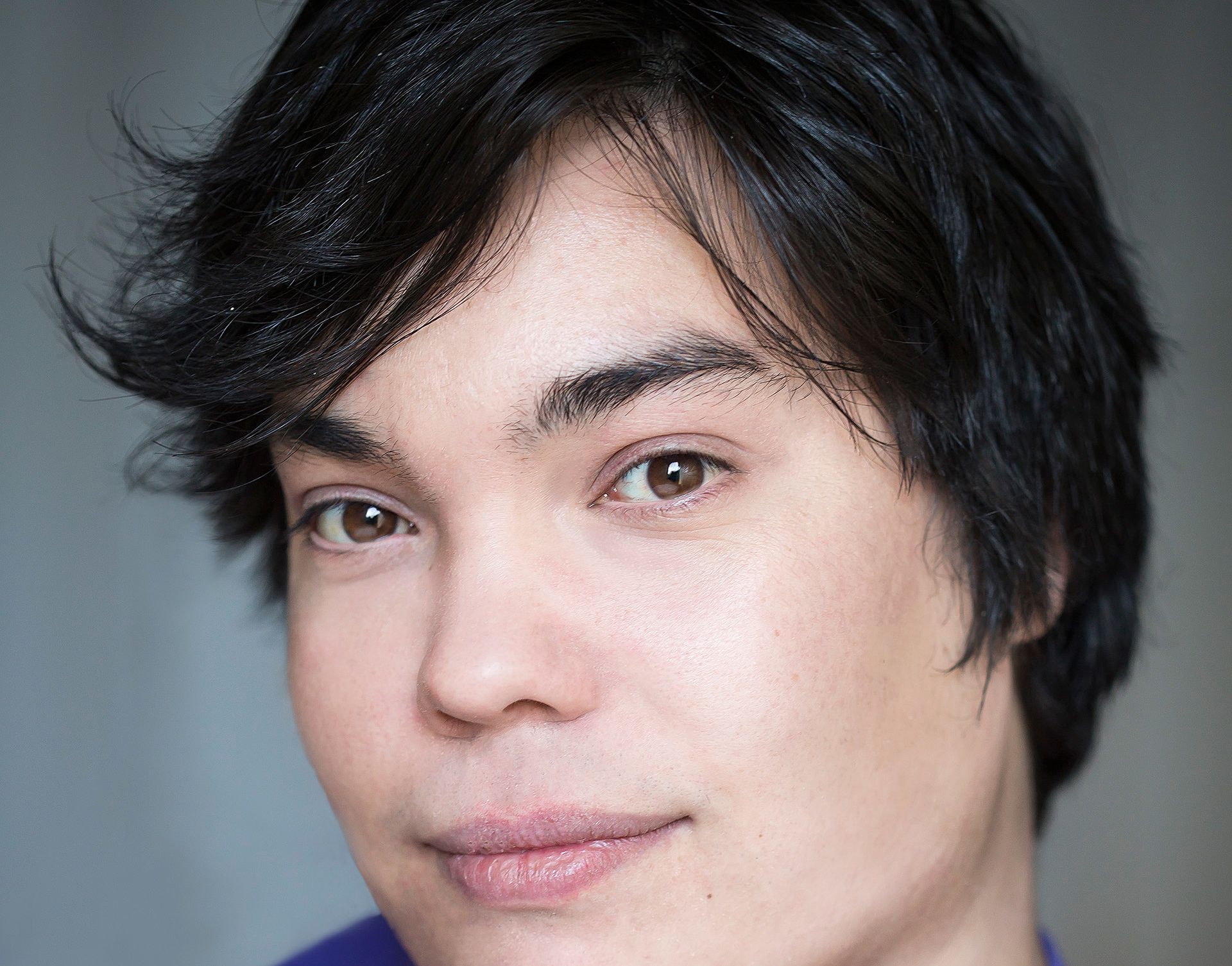Review: The Deliberate Disappearance of My Friend, Jack Hartnett
Sam Brooks reviews Bullet Heart Club's The Deliberate Disappearance of My Friend, Jack Hartnett
The word that comes to mind immediately when thinking of The Deliberate Disappearance of My Friend, Jack Hartnett is ‘cool’. When you’re sitting in the audience, cut up into quarters by an X-shaped stage, you’re aware that you’re in for something different. The three-person band sidles in, some music gets started, and the audience is plunged into darkness. When the lights come up, a man is sitting, presumably tied to a chair. He’s making a YouTube video, and he says he’s going to kill himself.
In this opening minute, Jack Hartnett displays all of its strengths and all of it flaws. It is an incredibly sleek piece of theatre, with Jane Hakaraia’s typically strong lighting design making griminess pretty and human, and Abraham Kunin’s compositions are moody and shimmery. Todd Emerson is compelling and charismatic, holding the attention of the audience without ever demanding it. These are the elements of a good show, even a great one.
But there’s no buy-in for that opening minute. We’re presented with a character, Oliver, who is immediately unlikeable, and then asked to care about him when he threatens to kill himself. The plot that follows gives us little to buy into either. Emerson plays Oliver, middle-management at a bank-adjacent company (think one of Don Draper’s underlings) and also plays the titular Jack Hartnett, a drone at the same bank company (think an extra on Mad Men). When Jack Hartnett goes missing, Oliver decides to find out why.
It’s the set up to an intriguing mystery, and while it starts off that way, Jack Hartnett is quickly lost in the intricacies of its own plot that it forgets to let us into the story. We’re not asked to care about Oliver, and we’re never given a reason to. We’ve seen this kind of character before, the unsympathetic misanthrope who is almost witty enough to excuse his flaws, but the audience is never given an outside view on Oliver, so we’re stuck with this guy and despite how charming Emerson is, we never empathise with him.
Even more crucially, we never believe that this character would be interested enough in Jack Hartnett’s titular disappearance to actually do anything to find him, let alone help him. This makes a later plot point, and even later twist, an even more difficult sell. It doesn’t read like this character doing maybe the only truly nice thing he’s ever done, it reads like this character is acting completely out of character.
At around the halfway point, Jack Hartnett reveals itself as a thriller, similar to one you’d see in the theatres in January or in an arthouse in the nineties. It’s an effective thriller, and Rochelle Bright’s script nails Hartnett’s disarmingly earnest emotions throughout this part, but the details are never quite convincing.
Even at the eleventh hour, you never buy the connection between Oliver and Jack, and when the play finally, creakily leans up against metaphor, it feels like a late stab at profundity rather than a commitment to throwaway nature of the genre.
It brushes up against the idea that the inner turmoil of loneliness can be as brutal as being beaten up by a gang, but that profundity is only there for a moment before it sneaks back under the cover of genre. It feels like the play is reminding us that this is about something, but this happens long past the point where we could have felt invested in that something.
Abraham Kunin’s music makes the play an easier pill to swallow, but the songs often feel like intrusions on the story, rather than explorations of the characters and their situations. They’re beautiful in the moment, and I would love to hear them on an album, but within the show they fall softly and don’t linger in the mind. They add something, but I don’t think I would miss them if they were gone.
That feeling hangs uneasily over the show as a whole. After seventy minutes, I don’t leave the theatre feeling any different or thinking about the show. I appreciate Emerson’s performance and the technical elements of the show, but the story, characters and genre fail to connect in a way where they can bring meaning out of each other. I’m left asking too many questions about the show as its constructed, and none about any of the themes that it brings up.
Jack Hartnett is a piece in development, and it’s exploring a style that has a lot of potential, but I can’t see who this particular story appeals to, or why this story needs to be told in this way. There might be a beating heart deep within the story, but right now everything about the play is too ‘cool’, too concerned with the surface, to dive into it and extract what could make it special. It feels a part of Bullet Heart Club’s development as a company, and it makes me excited to see where they will go, but this particular production has too many barriers preventing enjoyment, or even engagement, with it.
The Deliberate Disappearance of My Friend, Jack Hartnett runs at
the Q Theatre Loft until August 8.
For tickets and more information, go here.
See also:
Simon Wilson for Metro
James Wenley for Theatrescenes

